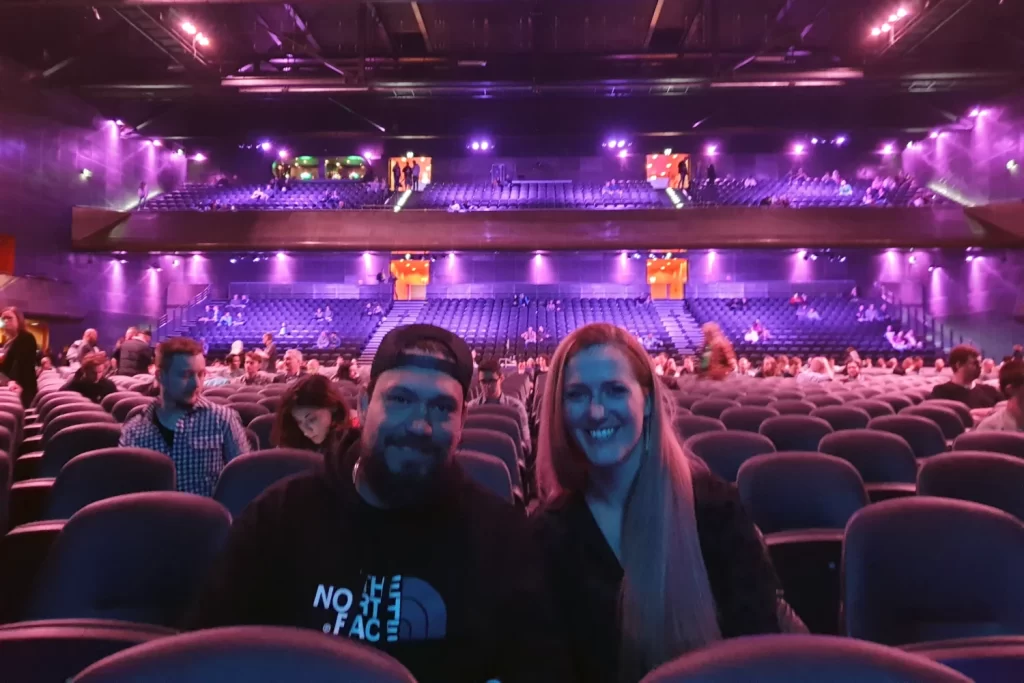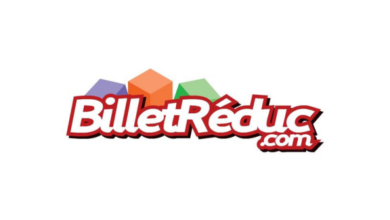Ethics of Ticketing and the Role of Top Ticket Shop in the Industry

The Ethics of Ticket Reselling in Top Ticket Shop:
When discussing the ethics of ticket resale in the context of Top Ticket Shop (assuming it’s a specific platform or company for ticket reselling), there are several relevant topics to consider:
- Transparency and Pricing: Assessing how Top Ticket Shop handles transparency in ticket pricing, including whether they clearly state costs, fees, and the original value of the tickets.
- Fairness and Access: Examining whether Top Ticket Shop employs fair practices that provide all buyers with equal opportunities to purchase tickets, without favoring certain individuals or groups.
- Authentication and Fraud Prevention: Investigating the measures that Top Ticket Shop takes to verify the authenticity of resold tickets and prevent the sale of counterfeit or invalid tickets.
- Customer Protection: Evaluating the extent to which Top Ticket Shop offers guarantees or policies to protect customers from fraudulent or deceptive ticket offers, including refund or dispute resolution mechanisms.
- Resale Restrictions and Terms of Service: Analyzing the terms and conditions that Top Ticket Shop enforces, such as any resale limitations, transferability, or potential restrictions on ticket purchases.
- Resale and Price Manipulation: Exploring whether Top Ticket Shop actively discourages or prohibits practices that lead to excessive ticket prices or price manipulation, such as reselling tickets for profit.
- Secondary Market Regulation: Considering the extent to which Top Ticket Shop complies with relevant laws and regulations related to the secondary ticket market, ensuring that they operate within legal boundaries and promote ethical practices.
- Social Responsibility: Assessing whether Top Ticket Shop is actively engaged in socially responsible initiatives related to ticket resale, such as partnerships with charitable organizations or initiatives to increase event access for disadvantaged communities.

By examining these aspects of Top Ticket Shop’s operations and policies, one can gain a clearer understanding of the ethical implications of their role in the ticket resale industry.
The Role of Technology in Shaping the Ethics of Ticket Reselling:
The role of technology in shaping the ethics of ticket resale is significant and multifaceted. Here are some key points to consider:
- Accessibility and Convenience: Technology has made ticket resale more accessible and convenient for both buyers and sellers. Online platforms and mobile applications have streamlined the process, allowing individuals to easily list and purchase tickets from the comfort of their own homes. This increased accessibility has the potential to enhance fairness and inclusivity in the resale market.
- Transparency and Information Exchange: Technology enables greater transparency in ticket resale transactions. Buyers can compare prices, view seating locations, and access detailed event information before making a purchase. This transparency empowers consumers to make informed decisions and reduces the likelihood of falling victim to fraudulent or deceptive offers.
- Anti-Counterfeiting Measures: Technological advancements have led to the development of sophisticated anti-counterfeiting measures. Techniques such as QR codes, holograms, and digital ticketing systems aid in authenticating tickets and reduce the risk of counterfeit sales. These measures enhance confidence in the resale market and protect consumers from purchasing fake or invalid tickets.

- Dynamic Pricing Algorithms: Technology has enabled the use of dynamic pricing algorithms in ticket resale. These algorithms adjust ticket prices based on factors such as demand, supply, and time until the event. While this can improve market efficiency, it also raises ethical concerns as prices can fluctuate rapidly and potentially exclude certain individuals from events due to affordability.
- Regulation and Oversight: Technology can assist in implementing regulation and oversight in the ticket resale industry. Online platforms can be equipped with monitoring tools to identify and address fraudulent or unethical practices. Governments and regulatory bodies can leverage technology to enforce laws and ensure regulatory compliance.
- Blockchain Technology: Blockchain, a decentralized and transparent digital ledger, has the potential to revolutionize ticket resale. It can provide secure and traceable transactions, eliminate the risk of counterfeit tickets, and enable ownership tracking. Blockchain technology can enhance accountability and trust in the resale market.
- Ethical Considerations in Platform Design: Technology companies operating ticket resale platforms have a responsibility to design their platforms with ethical considerations in mind. This includes implementing measures to prevent price gouging, promote fairness in ticket distribution, and provide effective customer support to address issues or disputes.
It’s important for stakeholders, including technology companies, event organizers, regulators, and consumers, to actively engage in discussions and collaborations to ensure that technology is used ethically in shaping the ticket resale industry, promoting transparency, fairness, and consumer protection.
The Impact of Ticket Resale on Access to Live Events and Cultural Experiences:
The impact of ticket resale on access to live events and cultural experiences is a complex and multifaceted issue. Here are some key points to consider:

- Increased Availability: Ticket resale can enhance the availability of tickets for live events and cultural experiences. In some cases, events can sell out quickly during the primary sale, leaving many interested individuals without tickets. Resale platforms provide these individuals with the opportunity to still attend the event by purchasing tickets from others.
- Market Demand-Based Pricing: Ticket resale introduces market demand-based pricing, where ticket prices can fluctuate based on supply and demand. While this can lead to higher prices for certain popular events, it also allows individuals to obtain tickets for a premium that might not have been available otherwise.
- Exclusionary Pricing: Market-driven pricing in ticket resale can potentially lead to exclusionary pricing, where ticket prices become unaffordable for many people. This can limit access to live events and cultural experiences, particularly for individuals with limited financial means.
- Resale and Unfair Practices: Ticket scalping, where individuals or entities buy tickets with the sole purpose of reselling them at inflated prices, can contribute to unfairness and reduced access. Scalpers often employ advanced technology or bots to purchase tickets in bulk during the primary sale, making it difficult for regular consumers to obtain tickets at the original price.
- Regulation of the Secondary Market: Regulatory measures can be taken to address unfair practices in the secondary ticket market. These measures may include imposing price caps, implementing anti-scalping laws, requiring ticket resellers to disclose original ticket prices, or introducing stricter regulations for the resale market.
- Ticket Distribution Strategies: Event organizers can implement strategies to ensure fair ticket distribution, such as implementing lottery systems, offering pre-sales to fan clubs or subscribers, or utilizing dynamic pricing models that adjust ticket prices based on demand but within reasonable limits.
- Ticket Transferability and Restrictions: Some event organizers and ticket sales platforms impose restrictions on ticket transferability or require the original purchaser to be present with identification at the event. These measures are intended to minimize the impact of ticket resale and prevent fraudulent or unauthorized sales.
- Ethical Resale Practices: Ticket resale platforms can play a role in promoting ethical practices by implementing measures to verify ticket authenticity, prevent fraudulent offers, and provide consumer protection such as refund guarantees or dispute resolution mechanisms.
Overall, ticket resale has both positive and negative effects on access to live events and cultural experiences. Balancing the benefits of increased availability with the potential for exclusionary pricing and unfair practices is a challenge that requires a combination of regulatory measures, industry collaboration, and consumer education to ensure fair and equal access to these experiences.




